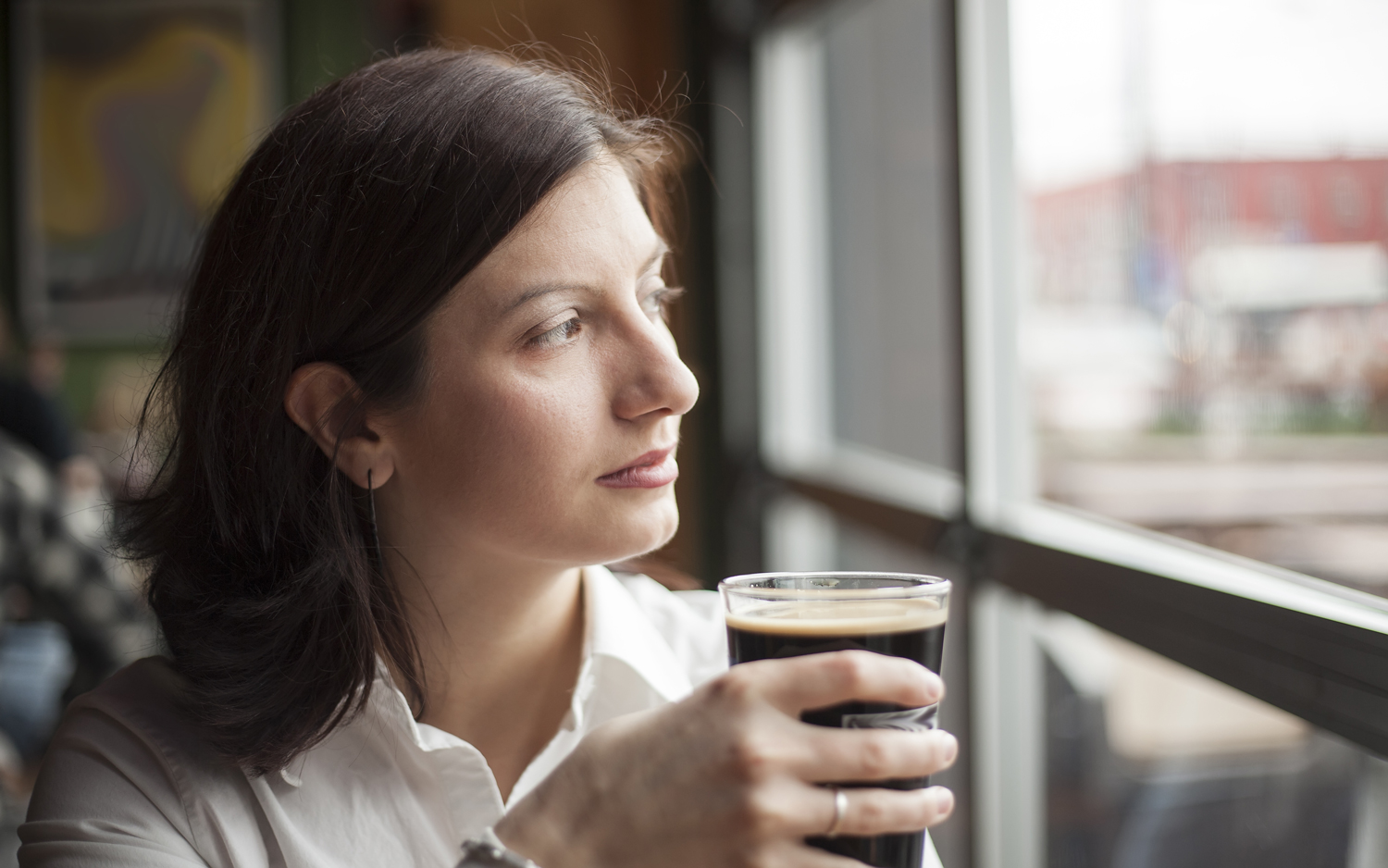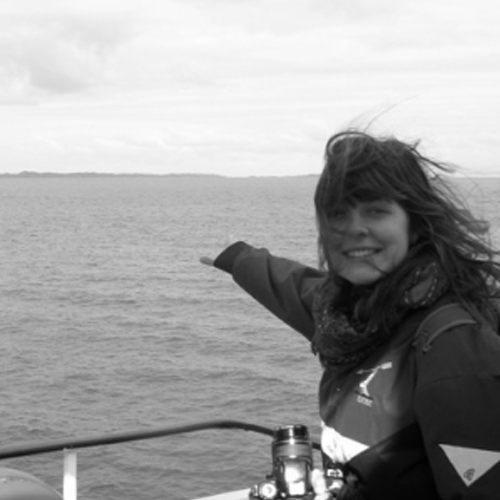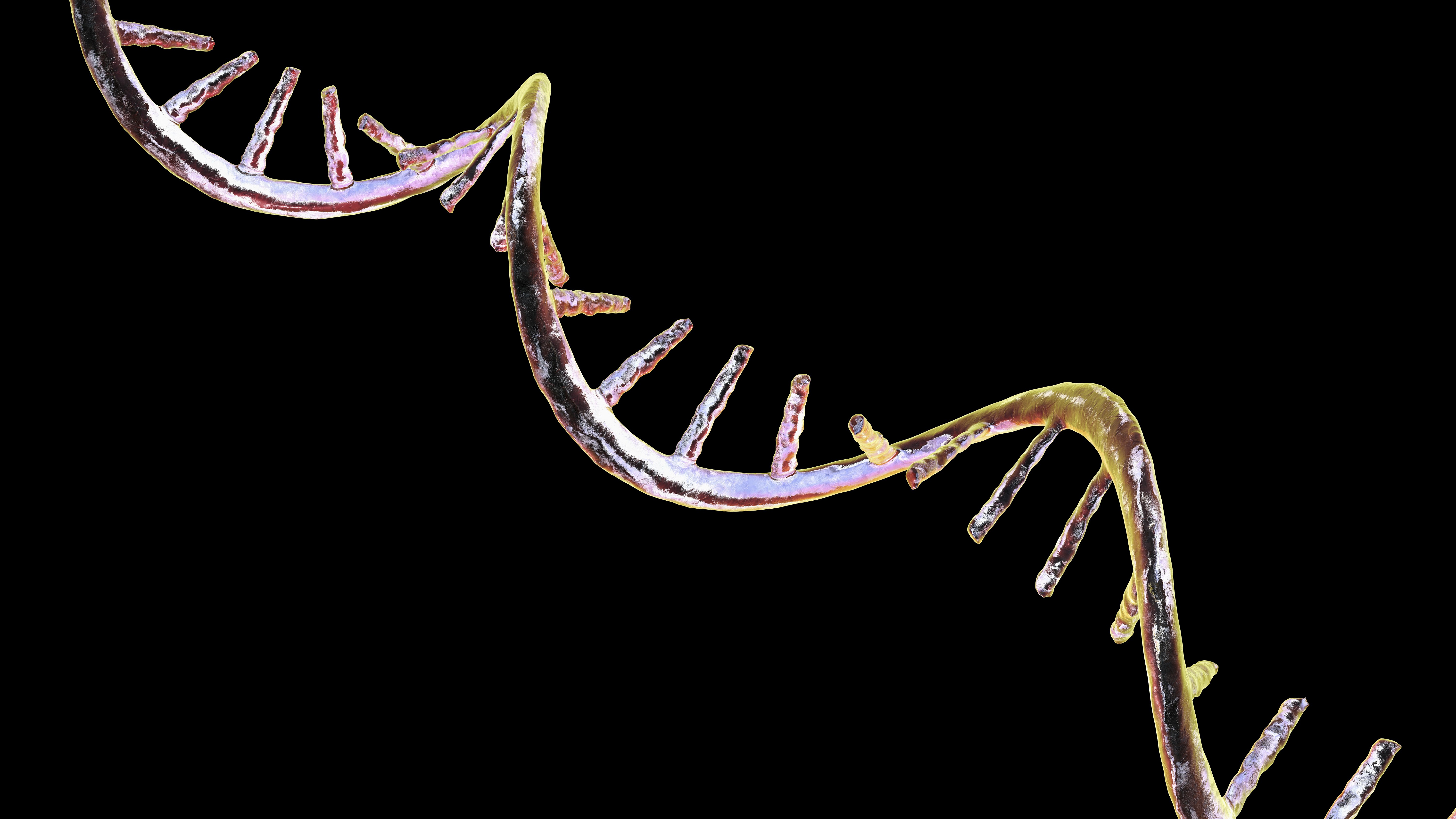Should Breast-Feeding Women Really Drink Guinness?

New mothers are commonly heaped with advice — some of it welcome, some not. But there's one rather unconventional piece of wisdom that stands out from the rest: For decades, women have been told they should drink Guinness — the dark, Irish beer — to boost their production of breast milk and nourish their newborns. To Guinness lovers, this might be a welcome nugget of advice. But does it stand up to scientific scrutiny?
One thing we do know is that the idea has roots deep in history, long before Guinness came along. In fact, humans have been touting the milk-boosting benefits of beer for centuries. As far back as 2000 B.C., records apparently show that the Sumerian people prescribed beer as an aid for breast-feeding. Along with many other foods — like anise, fenugreek (an herb) and oatmeal — beer developed a reputation as a "galactagogue," a food thought to stimulate lactation. Over the centuries, this became an established belief in traditions around the world.
"It's cross-cultural," said Maija Bruun Haastrup, a clinical pharmacologist at Odense University Hospital in Denmark. "Something I find very interesting is that we have this same old-wives tale everywhere."[Does Mom's Drinking Harm Breastfed Babies?]
In the early 1900s, the marketing campaign around Guinness, in particular, gave it a special identity as a "healthful" beverage. Because the beer initially was manufactured with a kind of yeast that gave it a high iron content, it was reportedly offered to blood donors back in the day, or to patients who had just undergone surgery in the hospital. This helped to solidify the drink's original slogan: "Guinness is good for you." Nursing mothers were then encouraged to imbibe this drink as a milk-boosting tonic, too.
While we now know that the campaign around this beverage may have overstated its benefits at the time, Haastrup said there is some scientific truth to the idea that beer boosts breast milk.
"It's important to emphasize that the amount of research here is quite limited," she cautioned. But some studies have drawn a link between a polysaccharide, a type of carbohydrate present in barley hops, and an increase in prolactin, the hormone that aids the production of milk from breast tissue. These factors might explain why beer drinkers of the past sensed that the beverage had a beneficial effect on their capacity to produce milk.
But there's a caveat: Adding alcohol to this hoppy mixture obscures any potential benefit one might get from the barley. Gary Beauchamp and Julie Mennella, two biopsychologists at the Monell Chemical Senses Center in Philadelphia, carried out landmark research in the 1990s showing that when mothers consume alcohol and breast-feed, it seems to alter the flavor of their milk, causing infants to feed less over a certain period of time.
Get the world’s most fascinating discoveries delivered straight to your inbox.
"Essentially, the hypotheses are that the alcohol is affecting either the infant or the mother," Beauchamp, now emeritus director of the Monell Chemical Senses Center, told Live Science.
In a meta-analysis of more than 40 papers, Haastrup identified another pattern in the research, highlighting how alcohol impacts the way the body discharges milk. Breasts release milk through a reflex known as the "letdown," which is triggered by a hormone called oxytocin, Haastrup said.
"Oxytocin is extensively inhibited by alcohol," she said. "So if you ingest alcohol, your oxytocin production is reduced, which leads to a delayed milk letdown reflex." [Why Do Some People Hate the Taste of Beer?]
What can this research collectively tell us about breast-feeding and booze? On one hand, Beauchamp said, "I think it is important for [mothers] to know that the still-prevalent idea that alcohol consumption somehow enhances breast-feeding has no scientific basis."
On the other hand, Haastrup believes that moderate alcohol consumption is less of a hindrance to milk production than it may appear at first. The letdown seems only to be delayed by alcohol, not entirely stopped, she said. Studies have found that babies nursing from mothers who've consumed an alcoholic drink will still feed as much over a 16-hour period as babies whose mothers haven't imbibed at all.
"There isn't a direct inhibition of milk production caused by alcohol, but it makes it a bit more difficult to start breast-feeding," Haastrup told Live Science.
So, what's the verdict for Guinness? It seems that drinking it to enhance breast-milk production probably isn't the best course of action. For that, alcohol-free beers — with all their barley-rich goodness — might be a better bet. "That's why, in maternity wards in Denmark, they actually recommend alcohol-free beer," Haastrup said. "This is something we've known for ages."
But breastfeeding aside, if a nursing mother just feels like having a pint to pass the time while her baby feeds, Haastrup said there's no reason why she shouldn't.
"As far as I can see, there isn't a problem here as long as you follow the general recommendations, only drink occasionally, and drink responsibility," she said. For instance, the American College of Obstetricians and Gynecologists says that a nursing mother would be wise to wait for two hours after an alcoholic drink, before she feeds her infant again. And sure, the alcohol could trigger a temporary delay in milk production — but then, that might just be worth it for the chance to kick back with the occasional beer.
Original story on Live Science.

Emma Bryce is a London-based freelance journalist who writes primarily about the environment, conservation and climate change. She has written for The Guardian, Wired Magazine, TED Ed, Anthropocene, China Dialogue, and Yale e360 among others, and has masters degree in science, health, and environmental reporting from New York University. Emma has been awarded reporting grants from the European Journalism Centre, and in 2016 received an International Reporting Project fellowship to attend the COP22 climate conference in Morocco.


